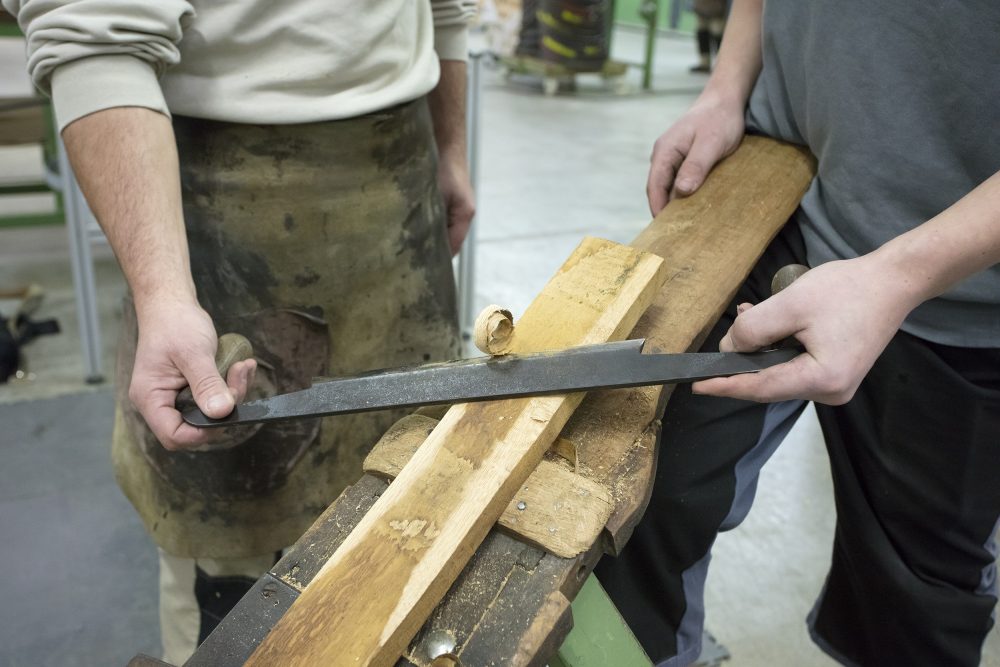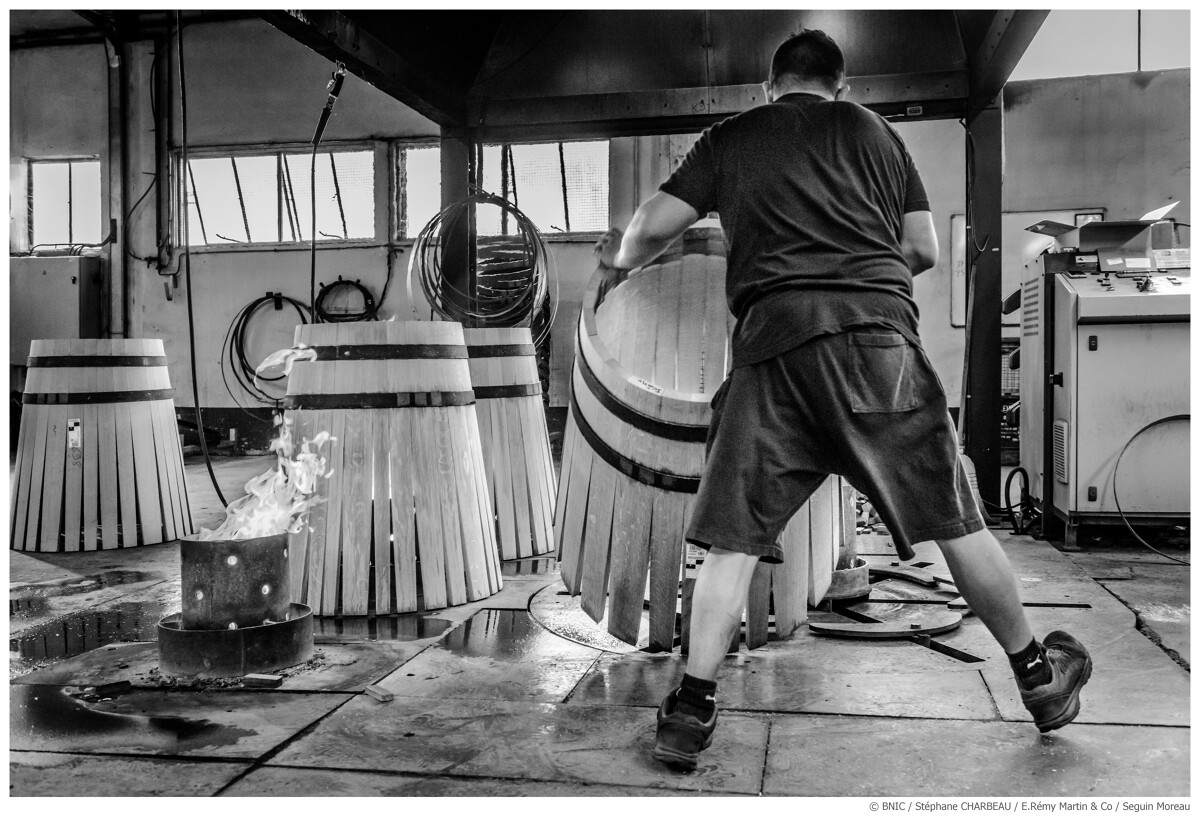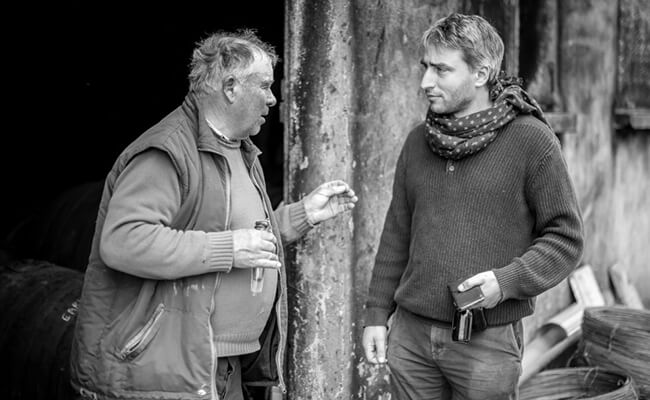How to become a master cooper | Know-How
Knowledge transmission is undeniably one of the key issues at stake for today’s spirits production and vine-growing in France, and especially in the Charente region.
On-the-job training seems to have always existed and thanks to the work of Charente coopers, it has developed into a course leading to certification for young people studying cabinetmaking and carpentry.
Copyright Marion Dubier-Clark
After an initial selection based on application and a one-week trial period, the master cooper teaches the apprentices how to cut wood and discover the texture of the various types of oak—sessile or fine-grain oak and pedunculate or coarse-grain oak. And of course they learn to identify wood defects: knots, cup shakes, shakes and sapwood.
Apprentices also discover the importance of open-air drying time for the staves in order to remove the more bitter tannins. Only then do they begin to work with the staves, bending them and applying various types of heating.
They learn about the noble nature of the wood, but also how to use tools such as the saw horse for positioning barrels and joining the staves together, the guillotine for rounding them, the reverse knife for hollowing them and the shaving-horse for whitening the rounded part of the barrel, not forgetting the plane, the hobby, the hammer and the hoop driver.
Apprentices first spend about two years learning to make barrels entirely by hand using some fifteen tools, although production has been largely mechanized in recent decades. Rigor and patience are required because the work is extremely repetitive.
After qualifying, apprentices are versatile coopers and may develop their skills to work on larger barrels. Coopering is a gratifying trade because, with experience, coopers come to visit the most prestigious wine estates and thus keep track of their creations.







